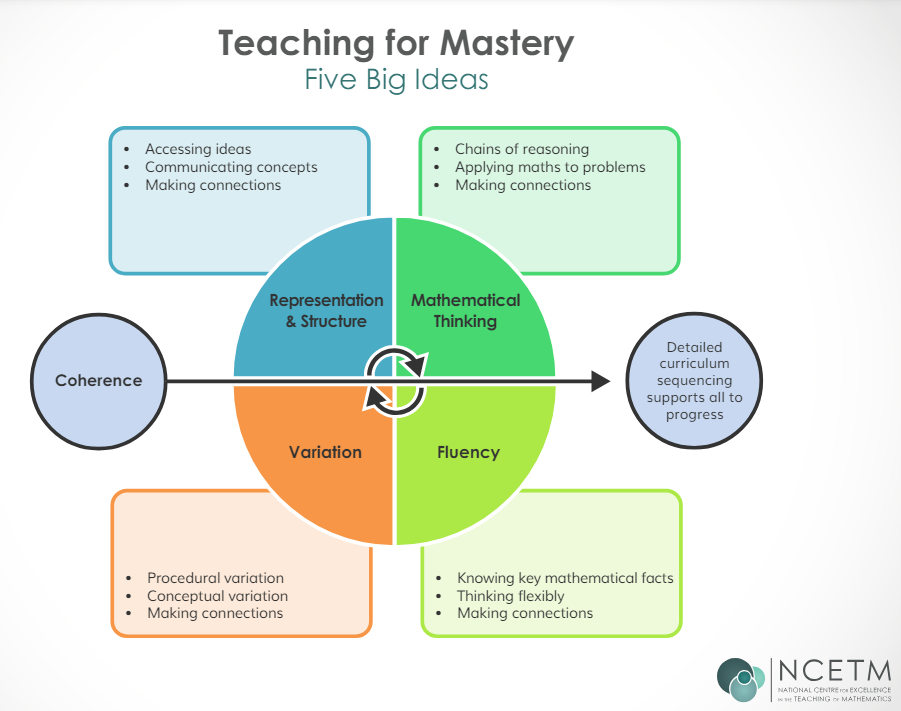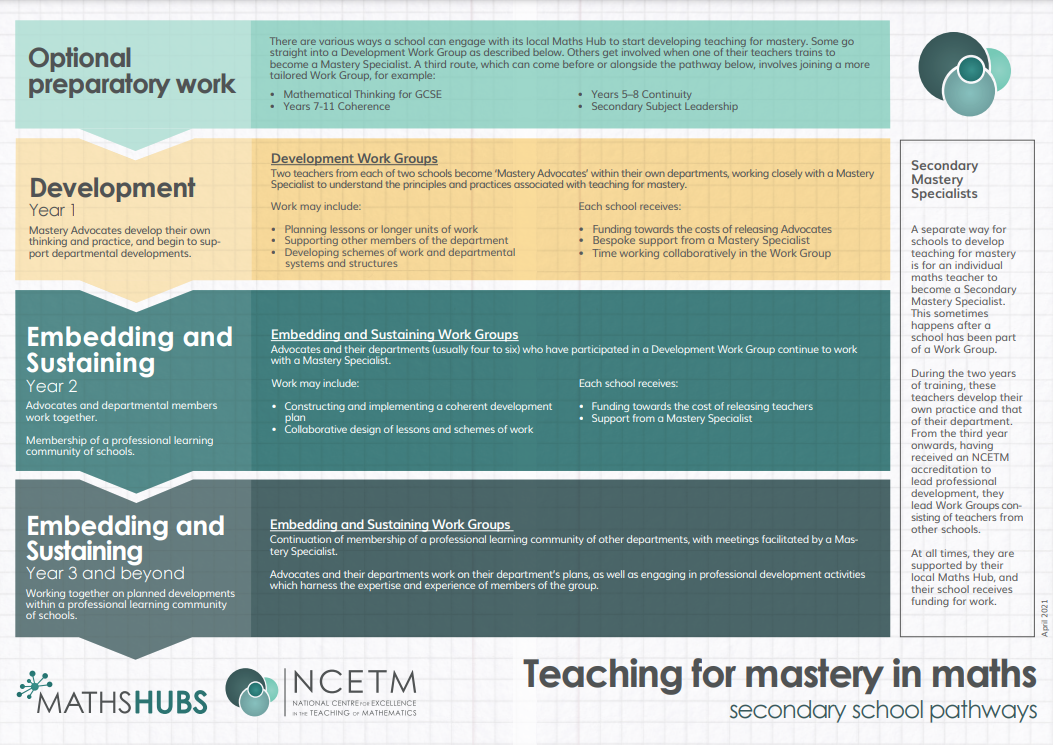info@vennessexmathshub.co.uk (01206) 489933 Update Contact
List of Services
-
List Item 1 Write a description for this list item and include information that will interest site visitors. For example, you may want to describe a team member's experience, what makes a product special, or a unique service that you offer.
Item Link List Item 1 -
List Item 2 Write a description for this list item and include information that will interest site visitors. For example, you may want to describe a team member's experience, what makes a product special, or a unique service that you offer.
Item Link List Item 2 -
List Item 3 Write a description for this list item and include information that will interest site visitors. For example, you may want to describe a team member's experience, what makes a product special, or a unique service that you offer.
Item Link List Item 3 -
List Item 4 Write a description for this list item and include information that will interest site visitors. For example, you may want to describe a team member's experience, what makes a product special, or a unique service that you offer.
Item Link List Item 4
TEACHING FOR MASTERY
WHAT IS IT?
Mastering maths means pupils acquiring a deep, long-term, secure and adaptable understanding of the subject.
The phrase ‘teaching for mastery’ describes the elements of classroom practice and school organisation that combine to give pupils the best chances of mastering maths.
Behind all NCETM and Maths Hubs work in the field of teaching for mastery are Five Big Ideas, all informed by research evidence and classroom experience. Achieving mastery means acquiring a solid enough understanding of the maths that’s been taught to enable pupils to move on to more advanced material.
Teaching for mastery in maths demonstrates a number of characteristics that underpin the approach. Some are listed below, and more can be found in ‘The Essence of Maths Teaching for Mastery’, first published by the NCETM as ‘The Five Big Ideas’ in 2017.
- It rejects the idea that a large proportion of people ‘just can’t do maths’.
- All pupils are encouraged by the belief that by working hard at maths they can succeed.
- Pupils are taught through whole-class interactive teaching, where the focus is on all working together on the same lesson content at the same time. This ensures that all can master concepts before moving to the next part of the curriculum sequence, allowing no pupil to be left behind.
- Procedural fluency and conceptual understanding are developed in tandem because each supports the development of the other.

WHAT IS THE TEACHING FOR MASTERY PROGRAMME?
The NCETM and Maths Hubs have been running the national Primary Teaching for Mastery Programme since 2015, and more recently secondary schools have also become involved with teaching for mastery.
This video explaining the programme was made in 2018, but all the principles still apply now.
In the first year, 136 schools from all over England each nominated a teacher to begin training as a Primary Mastery Specialist. The teachers were given a year’s intensive training in the principles of teaching for mastery, underpinned by its ‘Five Big Ideas’, and in professional development leadership. In the following year, they further developed teaching for mastery in their own schools. And they shared the approach with neighbouring schools by leading Teaching for Mastery Work Groups.
In each subsequent year, a new cohort of Primary Mastery Specialists has been trained, increasing the pool of specialists leading Work Groups of local schools. By summer 2019, more than 5,000 schools have participated in the Teaching for Mastery Programme. Hundreds of thousands of children are now benefitting from a changed experience of maths learning at school. The programme is open to all state-funded schools in England.
Secondary Mastery Specialists are now also being trained, and hundreds of secondary schools are starting to develop teaching for mastery approaches, especially at KS3.
More information about the Primary Teaching for Mastery Programme and its impact can be found in the NCETM’s Primary Teaching for Mastery progress report published in July 2019.
HOW CAN SCHOOLS GET INVOLVED WITH TEACHING FOR MASTERY?
All of the 40 Maths Hubs across England offer professional development to help teachers develop a mastery approach in their own classroom, department and school. Any teacher or school wishing to take part in a Teaching for Mastery Work Group should complete an Expression of Interest. The hub will then be able to give more details about which Work Group is most suitable for the school, and when recruitment for the next Work Group is open.


